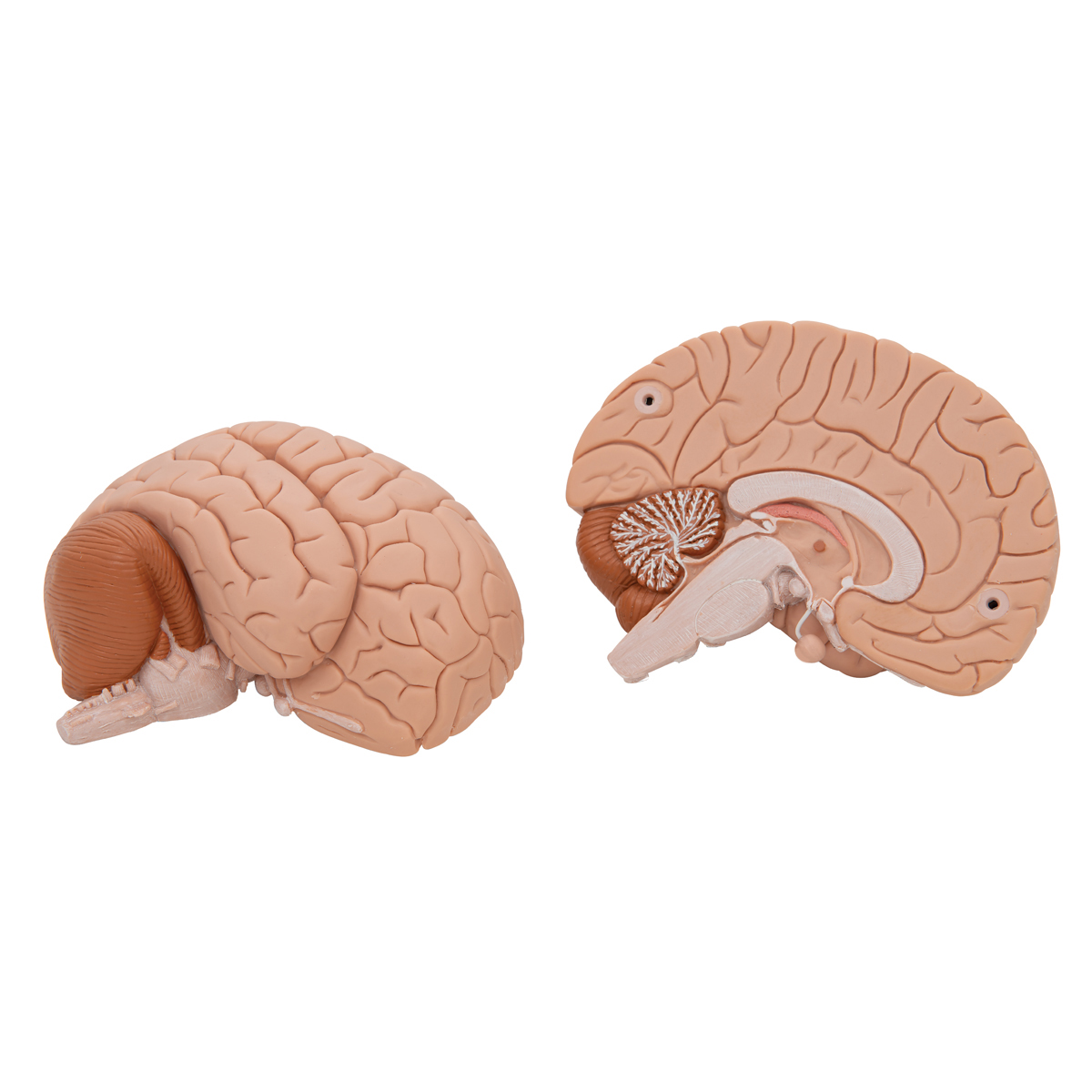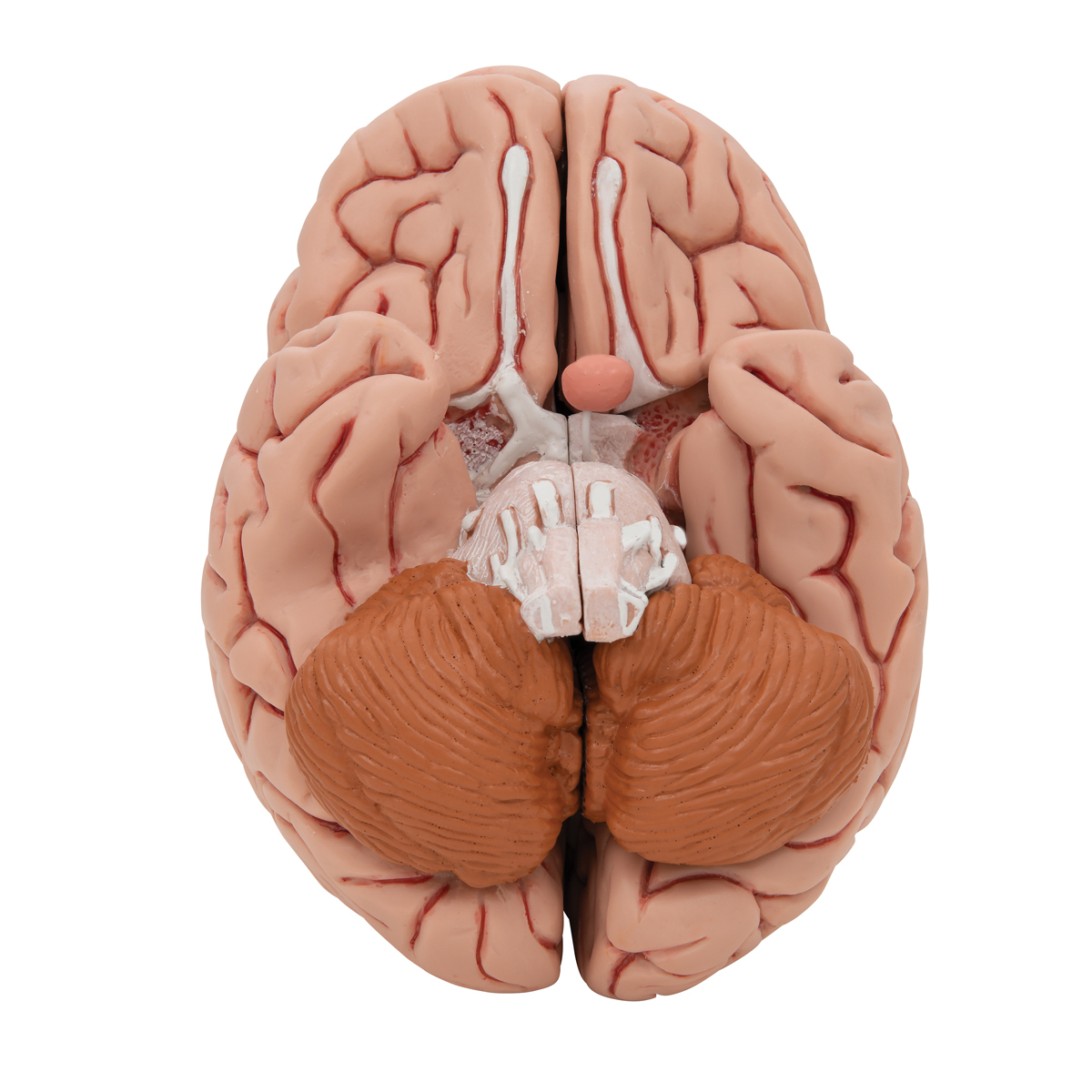Understanding Brain Fog After Surgery
Brain fog after surgery is a common yet concerning experience for many patients. This condition encompasses cognitive difficulties such as confusion, memory loss, and reduced focus. Patients may struggle to concentrate on simple tasks or retain information. Such symptoms can lead to frustration and anxiety during the recovery process. Understanding the causes and effects of brain fog after surgery is essential for patients and caregivers. This blog will explore the relationship between surgery and brain fog, potential causes, and ways to manage these symptoms effectively.
What is Brain Fog?
Brain fog is a term used to describe a collection of cognitive symptoms. These symptoms often manifest as forgetfulness, mental fatigue, and a general feeling of confusion. Individuals experiencing brain fog may find it difficult to think clearly or process information. Many describe it as a cloud over their thoughts, hindering concentration and mental clarity.
Brain fog is not a medical diagnosis but a descriptive term for cognitive dysfunction. It can arise from various factors, including stress, fatigue, sleep disturbances, and medical conditions. After surgery, it is not uncommon for patients to encounter this cognitive phenomenon.
Methods to diagnose brain fog typically involve evaluating a patient’s experience over time. Healthcare professionals may conduct assessments that include cognitive tests. These tests gauge attention, memory, and problem-solving abilities.
The emotional impact of brain fog can be significant. Frustration and anxiety often arise when cognitive abilities decline. This emotional turmoil can further affect the recovery process.
Recognizing brain fog’s impacts encourages individuals to seek support and explore management strategies. Addressing the cognitive issues following surgery contributes to a more comprehensive recovery plan. Understanding brain fog sets the stage for evaluating its relationship with surgery.
Causes of Brain Fog After Surgery
Several factors contribute to brain fog after surgery. Anesthesia plays a significant role in patients’ post-operative cognitive function. Many individuals experience confusion and memory issues as a result of anesthetic effects. This phenomenon is often referred to as “post-operative cognitive dysfunction.”
Moreover, the physical stress of surgery can lead to inflammation. The body responds to surgical trauma by activating the immune system, releasing inflammatory markers. These markers can affect brain function, potentially contributing to cognitive difficulties.
Sleep disturbances commonly occur during the recovery phase. Patients often face challenges returning to normal sleep patterns after surgery. Various factors, such as pain management and environmental conditions, can further disrupt sleep. Insufficient restorative sleep hinders cognitive recovery, resulting in increased feelings of brain fog.
In addition, medications prescribed during recovery may influence cognitive function. Opioids and certain sedatives can create feelings of drowsiness, confusion, or altered mental state. Establishing a clear communication line with healthcare professionals allows patients to address concerns related to medication side effects.
Finally, emotional stress can exacerbate brain fog symptoms. Patients may experience anxiety related to their recovery, procedures, or overall health. Understanding these contributing factors can help patients manage their symptoms effectively.

Symptoms of Brain Fog After Surgery
The symptoms of brain fog after surgery can vary widely among individuals. However, common experiences include confusion, memory issues, and difficulty concentrating. Many individuals feel mentally fatigued, struggling to retain information. This cognitive fatigue can hinder daily activities or responsibilities.
Patients may find it difficult to carry on conversations during recovery. Struggling to recall names or important details can be frustrating. This difficulty can lead to a sense of embarrassment and social withdrawal.
Additionally, brain fog can impact decision-making abilities. Patients may feel hesitant or unsure when trying to make choices. This hesitation often stems from a lack of clarity and mental sharpness.
Emotional symptoms may also accompany cognitive difficulties. Anxiety, irritability, and frustration can manifest during this challenging time. Understanding that these emotions are valid experiences allows individuals to seek support.
Recognizing brain fog’s symptoms is crucial for effective communication with healthcare providers. Reporting these experiences can lead to appropriate interventions and support. The acknowledgement of cognitive difficulties enables patients to develop strategies for resuming normal functions.
Ultimately, identifying the symptoms of brain fog after surgery can improve the overall recovery experience. Addressing these complications fosters a more comprehensive understanding of the cognitive challenges faced by many patients.
Diagnosing Brain Fog After Surgery
Diagnosing brain fog after surgery requires a collaborative approach involving healthcare professionals. A thorough evaluation typically begins with a comprehensive medical history. This assessment includes questions about symptoms and their impact on daily life.
Cognitive testing often forms a critical part of the diagnostic process. These assessments evaluate memory, attention, and problem-solving skills. The results can help determine the extent of cognitive difficulties and guide potential interventions.
In some cases, healthcare providers may recommend further examinations. For example, neuropsychological assessments provide detailed insights into cognitive function. These evaluations help identify specific areas affected by brain fog, leading to tailored strategies for recovery.
Monitoring progress over time is essential when diagnosing brain fog. Regular follow-up appointments allow for tracking symptoms and changes in cognitive function. Documenting improvements or setbacks ensures that healthcare providers adjust treatment plans accordingly.
Educating patients about the potential causes and effects of brain fog supports the diagnostic process. Understanding that cognitive challenges are common after surgery helps normalize the experience. Encouraging open communication with healthcare providers fosters a more supportive environment.
Ultimately, accurate diagnosis provides the foundation for effective treatment. Recognizing brain fog as a valid concern ensures that individuals receive the help they need during recovery.
Treatment Options for Brain Fog After Surgery
Several treatment options exist for managing brain fog after surgery. Addressing the underlying causes can lead to significant improvements in cognitive function. A comprehensive approach combines lifestyle adjustments, medications, and cognitive training.
First, establishing a consistent sleep schedule is vital for recovery. Prioritizing sleep hygiene helps ensure adequate rest and restorative sleep. Creating a calming bedtime routine can improve overall sleep quality. This consistency in sleep patterns can significantly reduce feelings of brain fog.
Regular physical activity also contributes positively to brain health. Engaging in light exercise, such as walking or stretching, improves circulation and maintains overall well-being. Moreover, exercise releases endorphins, helping to reduce feelings of stress and anxiety.
Nutritional improvements can also benefit cognitive function during recovery. Consuming a balanced diet rich in antioxidants, omega-3 fatty acids, and vitamins enhances overall brain health. Foods like fish, walnuts, berries, and dark leafy greens provide essential nutrients that can help combat brain fog.
Medication management is another essential aspect of treatment. Discussing any post-operative medications with healthcare providers ensures that cognitive side effects are closely monitored. Adjusting dosages or switching medications may provide relief from brain fog symptoms.
Finally, cognitive training and mental exercises offer further benefits. Activities such as puzzles, reading, or practicing mindfulness can help improve cognitive function over time. These engaging tasks help stimulate the brain, promoting recovery post-surgery.
In summary, multiple treatment options exist for managing brain fog after surgery. Implementing these strategies can significantly improve cognitive function and quality of life during recovery.

Coping Strategies for Brain Fog
Coping with brain fog after surgery can be challenging but manageable. Developing effective coping strategies helps individuals navigate the daily impacts of cognitive difficulties. Creating small routines can provide structure and enhance overall mental clarity.
Firstly, maintaining a daily planner or to-do list aids in staying organized. Writing down tasks and commitments keeps cognitive load manageable. Visual reminders help individuals prioritize important activities and avoid feeling overwhelmed.
Additionally, breaking tasks into smaller, more manageable steps can alleviate feelings of frustration. Tackling one task at a time reduces cognitive strain. Completion of each small step can create a sense of accomplishment, boosting motivation.
Practicing mindfulness techniques can also support emotional well-being. Engaging in mindfulness meditation helps individuals become familiar with their thoughts. This practice encourages acceptance of cognitive challenges, reducing feelings of anxiety or stress.
Finding support from friends, family, or support groups can provide comfort during this time. Sharing experiences with others fosters understanding and empathy. Building a supportive network can enhance resilience in coping with brain fog.
Lastly, giving oneself permission to rest and recover is crucial. Allowing time for healing and mental clarity fosters a positive mindset. Practicing self-compassion and understanding that improvement takes time is essential in overcoming challenges.
By employing effective coping strategies, individuals can manage brain fog after surgery. These strategies promote resilience and can lead to increased confidence in dealing with cognitive difficulties.
The Role of Support Networks
Support networks are vital for individuals experiencing brain fog after surgery. Surrounding oneself with understanding family and friends fosters emotional resilience. Open communication about experiences creates a framework for receiving support and encouragement.
Family members can assist with daily tasks and provide companionship during recovery. Their presence can alleviate feelings of isolation, reminding individuals they are not alone in their journey. Regular check-ins with loved ones can also help monitor emotional well-being.
Connecting with peers who have faced similar challenges can be invaluable. Joining support groups focused on post-surgery recovery allows individuals to share experiences and coping strategies. These groups often provide helpful advice, leading to better recovery experiences.
Engaging with healthcare professionals also provides necessary support. Regular consultations can clarify concerns regarding symptoms and progress. These interactions promote understanding and help patients navigate cognitive difficulties.
Finally, utilizing online resources can enhance a support network. Websites and forums offer advice and shared experiences from individuals facing similar situations. This virtual connection fosters a sense of community, encouraging resilience during challenging times.
Ultimately, strong support networks play an essential role in managing brain fog after surgery. The combination of family, friends, professionals, and online resources creates a comprehensive support system. Such networks contribute to emotional well-being and make recovery a more manageable experience.

The Importance of Education on Brain Fog
Educating individuals about brain fog is crucial for effective management. Increased awareness can lead to better understanding and acceptance of cognitive challenges. Knowledge empowers individuals to seek help and explore treatment options.
Promoting awareness about the connection between brain fog and surgical recovery is essential. Many patients are unaware of cognitive challenges following surgery. Misunderstanding these symptoms may lead to feelings of frustration or embarrassment.
By fostering an understanding of brain fog, individuals can normalize their experiences. Knowledge about common symptoms encourages open discussions with healthcare providers. Sharing experiences becomes easier when patients recognize cognitive difficulties are common.
Education also plays a vital role in effective coping strategies. Individuals can learn techniques to manage brain fog, such as mindfulness, cognitive exercises, and structured routines. Empowering patients with tools and strategies enhances overall recovery experiences.
Furthermore, educational resources can help family members and friends better understand the situation. When loved ones are informed, they can provide appropriate support during recovery. This informed approach fosters empathy and strengthens relationships during challenging times.
Ultimately, education about brain fog and its connection to recovery is essential. Knowledge allows individuals and their support networks to navigate challenges more effectively. Raising awareness encourages better management of symptoms, leading to improved quality of life.
Closing Thoughts on Brain Fog and Recovery
In conclusion, brain fog is a significant concern for individuals recovering from surgery. Understanding its symptoms, causes, and relationship with fatigue is essential for effective management. Recognizing the connection between brain fog and surgical trauma promotes timely intervention and support.
Implementing various treatment options, including lifestyle changes, can significantly improve cognitive function. Prioritizing sleep, nutrition, and physical activity contributes to better outcomes. Mental exercises and mindfulness practices also support overall well-being during recovery.
Creating strong support networks helps individuals navigate the challenges of brain fog. Engaging with family, friends, and healthcare professionals fosters understanding and empathy. These connections encourage resilience during difficult times.
Additionally, promoting education on brain fog empowers individuals and their loved ones. Increased awareness normalizes experiences and strengthens coping strategies. Education contributes to creating a supportive environment for recovery.
In essence, addressing brain fog after surgery is essential for reclaiming cognitive function. By understanding the symptoms and implementing effective strategies, individuals can enhance their quality of life. Ultimately, the journey toward recovery focuses on hope, resilience, and the pursuit of well-being.
